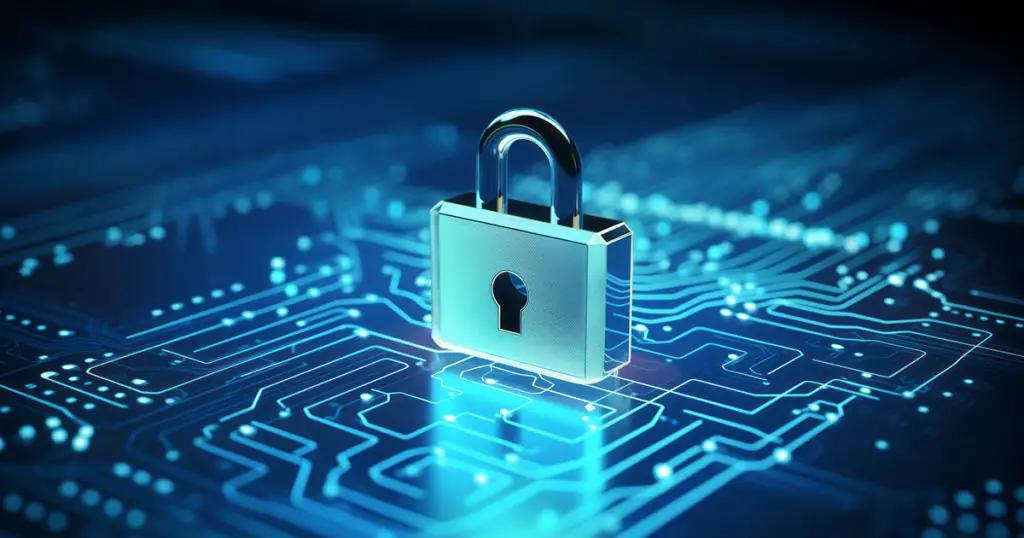20 December, 2024

UPDATE: This trial decision from July 2023 was appealed in December 2024. The Saskatchewan Court of Appeal has agreed with the decision that in the right circumstances a texted thumbs-up emoji can form a contract.
A Saskatchewan court decided that a thumbs-up emoji text response was an acceptance of an offer that formed a contract.
The facts were not in dispute — the question was whether a contract was formed.
The facts
A business called South West Terminal had bought grain from a business called Achter for years. After a call to discuss a purchase, South West Terminal drafted a contract to buy 86 metric tonnes of flax from Achter. South West Terminal signed the contract, took a picture of the contract, and texted it to Achter with a message saying, “please confirm flax contract.”
Achter texted back a thumbs-up emoji.
But Achter didn’t deliver the flax.
South West Terminal had to buy the flax at a higher price and sued for the $82,000 extra it had to pay.
The decision
The case is an interesting read for anyone interested in legal issues around contract formation and interpretation in general, and electronic contract formation specifically.
Saskatchewan, like many other jurisdictions, has legislation that deals with electronic documents. Such legislation typically says that an offer or acceptance to form a contract can be expressed in electronic form, and by actions such as clicking an icon in a manner intended to express an offer or acceptance.
The fundamental issue was whether responding to that text with a thumbs-up emoji was a binding legal acceptance of the offer that was texted as an image and thus formed a contract.
The court decided that it did form a contract and ordered damages paid.
In this case, there was a pattern of conduct between the parties where one would text an image of a contract to the other with a message asking to confirm the terms. The other party would respond with a text that said, “looks good”, “ok”, or “yup”.
But there is no reason to believe that the decision would be any different without that pattern of conduct. In other words, a 👍 is as good as a “yup”, which is as good as a signature on a contract.
The court considered what 👍means and determined that it means to express assent or approval. The defendant said he only meant that he got the message, not that he agreed to it. The Judge said taking the position that it affirmed receipt but not acceptance of the contract “…ends up being a bit of a cake and eat it too situation…”
Lessons learned
Contracts can be easily formed — even through casual communications like text messages. Be careful how you communicate in any situation that might form an agreement.
If you are communicating something that could lead to an agreement or purchase choose your words — and your emojis — carefully.
If you use emojis in a situation where it might have contractual meaning, make sure you know what that emoji means.
Could two people form a binding contract using only texted emojis?
Could contracts be formed by other electronic means such as replying with a gif?
Could AI chatbots form a contract on behalf of the party offering up the chatbot? I can see the defence now — “I didn’t send the thumbs-up emoji — my AI chatbot was hallucinating.”
David Canton is a business lawyer and trademark agent at Harrison Pensa with a practice focusing on technology, privacy law, technology companies and intellectual property. Connect with David on LinkedIn and Twitter.
Image credit: ©sarayutsridee – stock.adobe.com





